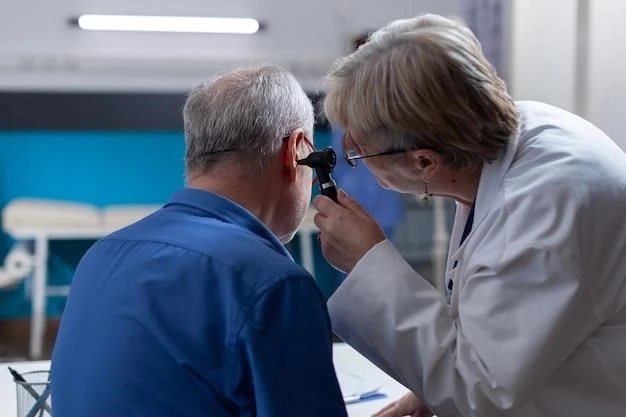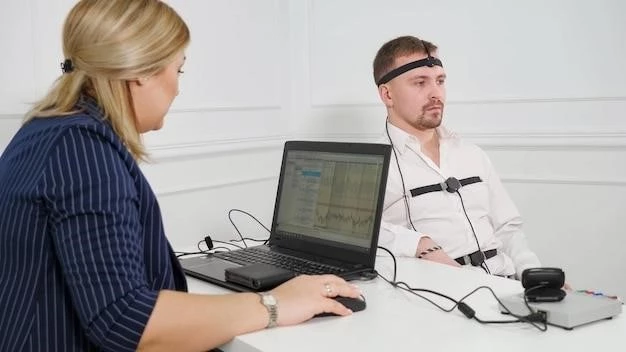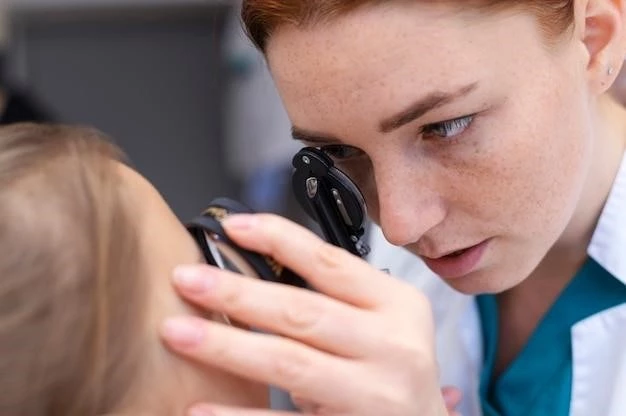Introduction
Information on the Internet reveals a rare genetic disorder named Oculo-digito-esophago-duodenal syndrome. Learn more about this condition below.
Overview of Oculodigitoesophagoduodenal Syndrome
Oculodigitoesophagoduodenal Syndrome is a rare genetic disorder characterized by various hand and foot abnormalities, microcephaly, esophageal and duodenal atresias, and learning disabilities. It presents with a unique combination of physical and developmental features that require specialized care and management strategies. Early identification and comprehensive treatment plans are essential in improving the quality of life for individuals affected by this syndrome.

Clinical Features
Explore the unique combination of physical and developmental features in individuals with Oculodigitoesophagoduodenal Syndrome for specialized care.
Common Characteristics
Oculo-digito-esophago-duodenal syndrome is distinguished by a combination of hand and foot abnormalities, microcephaly, facial anomalies, esophageal or duodenal atresias, and learning disabilities, requiring tailored care and interventions.
Diagnosis and Treatment
Appropriate diagnosis and specialized treatment plans are essential in addressing the unique features of Oculodigitoesophagoduodenal Syndrome for optimal care.
Genetic Testing
Genetic testing plays a crucial role in confirming the diagnosis of Oculodigitoesophagoduodenal Syndrome, allowing for personalized treatment plans based on the underlying genetic cause. Consult with genetic counselors for detailed information;
Management Strategies
Implement tailored management strategies to address the unique challenges associated with Oculodigitoesophagoduodenal Syndrome effectively.
Interdisciplinary Approach
A multidisciplinary approach involving various specialists is crucial in managing Oculodigitoesophagoduodenal Syndrome effectively. Collaborative efforts from healthcare providers, genetic counselors, therapists, and educators can ensure comprehensive care and support for individuals with this complex condition.
Prognosis and Complications
Understanding the prognosis and potential complications associated with Oculodigitoesophagoduodenal Syndrome is crucial for effective long-term management and care;
Associated Health Issues
Individuals with Oculodigitoesophagoduodenal Syndrome may face various health issues, including microcephaly, anomalies of the hands and feet, shortened palpebral fissures, and gastrointestinal complications like tracheoesophageal fistula and duodenal atresia. Understanding these associated health issues is crucial for comprehensive care and treatment planning.

Support and Resources
Access valuable support and resources to navigate the challenges associated with Oculodigitoesophagoduodenal Syndrome effectively.
Patient and Caregiver Assistance
Individuals and caregivers dealing with Oculodigitoesophagoduodenal Syndrome can benefit from various support programs, counseling services, and educational resources tailored to their unique needs. Seek assistance from healthcare professionals and support groups to enhance the quality of care and overall well-being.
